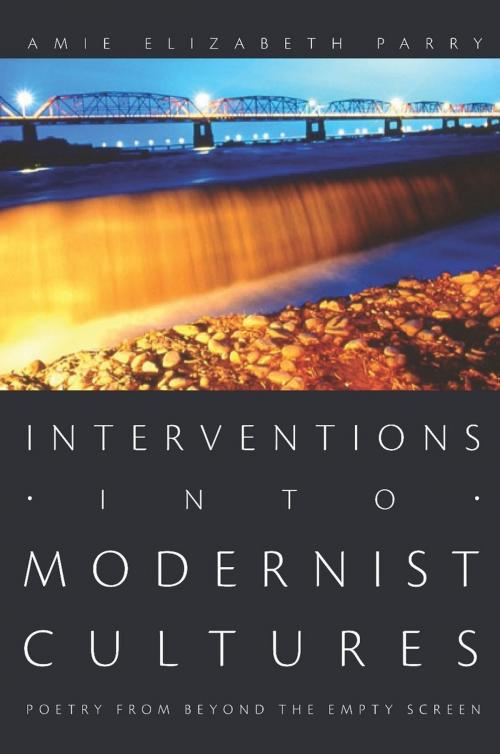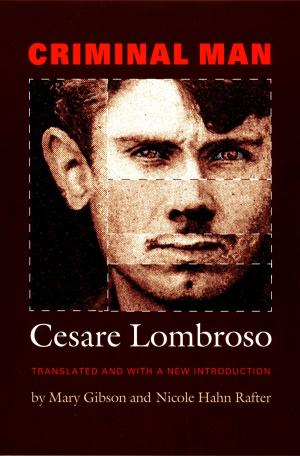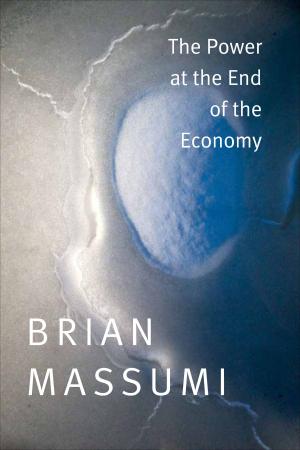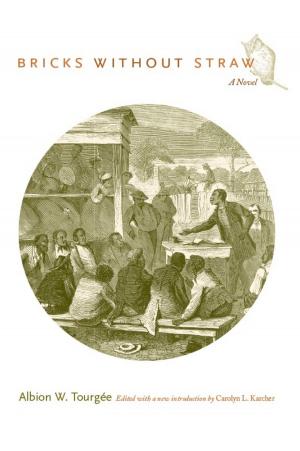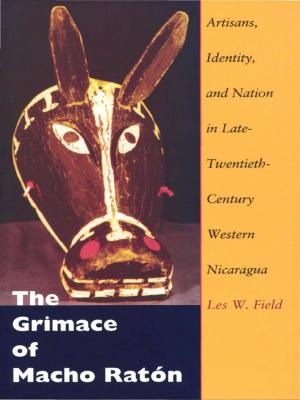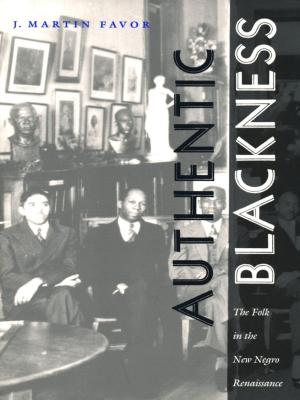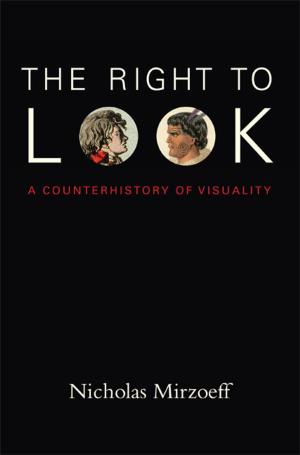Interventions into Modernist Cultures
Poetry from Beyond the Empty Screen
Fiction & Literature, Literary Theory & Criticism, Theory| Author: | Lisa Lowe, Amie Elizabeth Parry | ISBN: | 9780822389866 |
| Publisher: | Duke University Press | Publication: | April 30, 2007 |
| Imprint: | Duke University Press Books | Language: | English |
| Author: | Lisa Lowe, Amie Elizabeth Parry |
| ISBN: | 9780822389866 |
| Publisher: | Duke University Press |
| Publication: | April 30, 2007 |
| Imprint: | Duke University Press Books |
| Language: | English |
Interventions into Modernist Cultures is a comparative analysis of the cultural politics of modernist writing in the United States and Taiwan. Amie Elizabeth Parry argues that the two sites of modernism are linked by their representation or suppression of histories of U.S. imperialist expansion, Cold War neocolonial military presence, and economic influence in Asia. Focusing on poetry, a genre often overlooked in postcolonial theory, she contends that the radically fragmented form of modernist poetic texts is particularly well suited to representing U.S. imperialism and neocolonial modernities.
Reading various works by U.S. expatriates Ezra Pound and Gertrude Stein, Parry compares the cultural politics of U.S. canonical modernism with alternative representations of temporality, hybridity, erasure, and sexuality in the work of the Taiwanese writers Yü Kwang-chung and Hsia Yü and the Asian American immigrant author Theresa Hak Kyung Cha. Juxtaposing poems by Pound and Yü Kwang-chung, Parry shows how Yü’s fragmented, ambivalent modernist form reveals the effects of neocolonialism while Pound denies and obscures U.S. imperialism in Asia, asserting a form of nondevelopmental universalism through both form and theme. Stein appropriates discourses of American modernity and identity to represent nonnormative desire and sexuality, and Parry contrasts this tendency with representations of sexuality in the contemporary experimental poetry of Hsia Yü. Finally, Parry highlights the different uses of modernist forms by Pound in his Cantos—which incorporate a multiplicity of decontextualized and ahistorical voices—and by Cha in her 1982 novel Dictee, a historicized, multilingual work. Parry’s sophisticated readings provide a useful critical framework for apprehending how “minor modernisms” illuminate the histories erased by certain canonical modernist texts.
Interventions into Modernist Cultures is a comparative analysis of the cultural politics of modernist writing in the United States and Taiwan. Amie Elizabeth Parry argues that the two sites of modernism are linked by their representation or suppression of histories of U.S. imperialist expansion, Cold War neocolonial military presence, and economic influence in Asia. Focusing on poetry, a genre often overlooked in postcolonial theory, she contends that the radically fragmented form of modernist poetic texts is particularly well suited to representing U.S. imperialism and neocolonial modernities.
Reading various works by U.S. expatriates Ezra Pound and Gertrude Stein, Parry compares the cultural politics of U.S. canonical modernism with alternative representations of temporality, hybridity, erasure, and sexuality in the work of the Taiwanese writers Yü Kwang-chung and Hsia Yü and the Asian American immigrant author Theresa Hak Kyung Cha. Juxtaposing poems by Pound and Yü Kwang-chung, Parry shows how Yü’s fragmented, ambivalent modernist form reveals the effects of neocolonialism while Pound denies and obscures U.S. imperialism in Asia, asserting a form of nondevelopmental universalism through both form and theme. Stein appropriates discourses of American modernity and identity to represent nonnormative desire and sexuality, and Parry contrasts this tendency with representations of sexuality in the contemporary experimental poetry of Hsia Yü. Finally, Parry highlights the different uses of modernist forms by Pound in his Cantos—which incorporate a multiplicity of decontextualized and ahistorical voices—and by Cha in her 1982 novel Dictee, a historicized, multilingual work. Parry’s sophisticated readings provide a useful critical framework for apprehending how “minor modernisms” illuminate the histories erased by certain canonical modernist texts.
